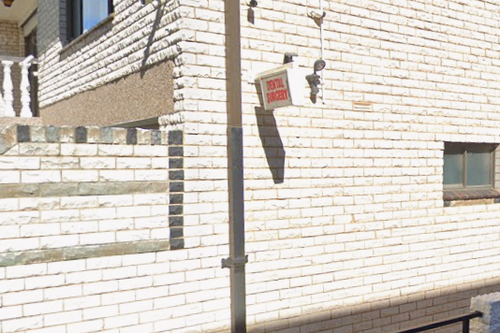Share this @internewscast.com
Patients of a dentist located in Sydney’s south are being encouraged to undergo testing for blood-borne viruses following the discovery of infection control violations at the clinic.
The Chief Health Officer has recommended that both current and past patients of Safuan Hasic, also known as Steven Hasic, who operated out of a practice at 70 Victoria Avenue, Mortdale, should get tested for blood-borne viruses due to the identified breaches in infection control at his practice.
Patients could have been exposed to hepatitis B, hepatitis C and HIV, due to poor cleaning and inadequate sterilisation of dental equipment.

However health bosses said it’s “low risk”.
Hasic’s registration as a dental practitioner has been suspended by the Dental Council of NSW.
NSW Health has also issued a closure order for the dental surgery in Mortdale.
It said it has tracked down some patients and is contacting them.
But it has issued a plea for others to take note.
Dr. Vicky Sheppeard, the Director of the South Eastern Sydney Local Health District’s Public Health Unit, mentioned that although the infection risk is considered low, blood-borne viruses can lead to severe health consequences.
“Any current or former patients of Mr. Hasic should visit their GP promptly and request testing for blood-borne viruses as a precautionary step,” advised Sheppeard.
“Blood-borne viruses can be spread between clients on dental instruments where there isn’t stringent infection control.
“People infected with blood-borne viruses may not show symptoms for many years, so it is important to be tested to see if there is silent infection.
“There are effective treatments for hepatitis B, hepatitis C and HIV.”
Patients who have had tests after their last visit with Hasic should check with their GP if more tests are needed, even if results were negative.
NSW Health is working with the Dental Council of NSW and Health Care Complaints Commission to investigate.











